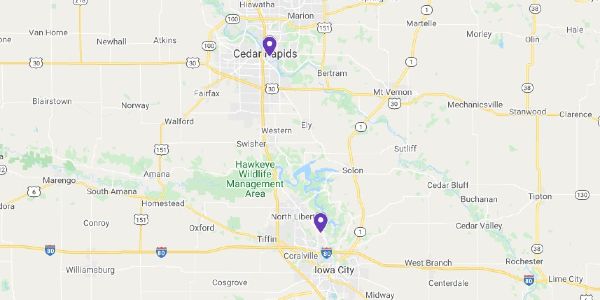Google Analytics can serve as a great tool for marketers, sellers, writers and everyone in between. Knowing how visitors are finding your content, on what devices, and with what keywords is essential to planning the growth of your website.
In recent years, however, two phrases have become the bane of GA users: [not set] and [not provided]. For many users, these two entries will make up a large majority of metrics like keyword and keyword match type, language, location, and others. Not being able to see this valuable information is frustrating, and defeats the purpose of having a GA account.
For users plagued by [not set] and [not provided], finding their exact origins and solutions can be tricky. Google has been vague on fixing them, only offering suggestions and no real concrete remedy. By combining Google’s information with third party efforts from SEO experts, however, the GA community has pinpointed the main sources of these two nuisances. For today’s post, I’ll cover [not set].
[Not set] entries can appear as several metrics. In my experience, I see them pop up mostly in the “Keyword” and “Keyword Match Type” metrics. The main cause of these stems from four major sources:
- Visits Without a Keyword
- Google Analytics Code Error
- Browser Privacy Settings
- Server Error
Visits Without a Keyword
If a visit doesn’t contain a keyword, then it will show up as [not set] in a GA report. Direct visits, referrals, and visits from non-Google search engines will show up as [not set]. So, if someone visits your site by directly typing in your URL, clicks a link to your site through an external website (like Facebook or Twitter), or uses a search engine like Bing and Yahoo to get to your site, their visit shows up as [not set].
Google Analytics Code Error
The second source of [not set] entries could come from an error in your GA code. Google has said that outdated GA code may not properly capture all the information on a page visit, thus leaving out the keyword and resulting in [not set].
Incorrect implementation of the GA code could also interfere. If the code isn’t the first function executed when the page loads, other processes could interfere with information gathering.
Browser Privacy Settings
Some metrics such as language, location, screen resolution, or operating system will have several [not set] entries as well. These come from the users browser settings. Metrics such as language or location can come up as [not set] due to privacy settings on the user’s browser. They may not want that kind of information freely available.
Metrics like screen resolution and operating system may appear as [not set] simply because the user may not have it set in the browser settings. Google can’t capture this information if it doesn’t exist!
Server Error
Finally, a hiccup with Google’s servers may result in some [not set] entries. Google’s servers receive millions and millions of requests all day, every day. No matter how reliable a server is, none are expected to have 100% uptime with zero errors. However, server error seems to occur infrequently, and there is nothing we can do about it anyway.
So What’s the Solution?
Sadly, server errors, browser privacy settings and visits without keywords can’t be solved. Inevitably, there will be some [not set] entries in your reports. What you can do is make sure that your code is up to date, and implemented error-free.
Hopefully in the future, Google will become more transparent on the issue, but as of now, not every source of [not set] has been confirmed on their end. CEO of Vortex Business Solutions, Jonathan Sabin, notes “funny how we never had the [not set] and [not provided] issue before Google updated their algorithm in late 2013.”
The sources I’ve covered are simply the most common I’ve and many in the SEO community have come across. As fellow SEO and digital marketing website Tentacleinbound has discovered, there’s no way to completely eliminate [not set] entries at this time.
How have you fared with getting [not set] entries under control? Let us know!
And check in next time, where I’ll cover [not provided] entries and what to do!
Want to learn how to maximize your SERP and SEO through masterful Google Analtyics interpretation?
Call Jonathan or William at Vortex Business Solutions for a free consultation!
319.621.0191
Will Aden is a Web Development and SEO Engineer at Vortex Business Solutions in Iowa City.






